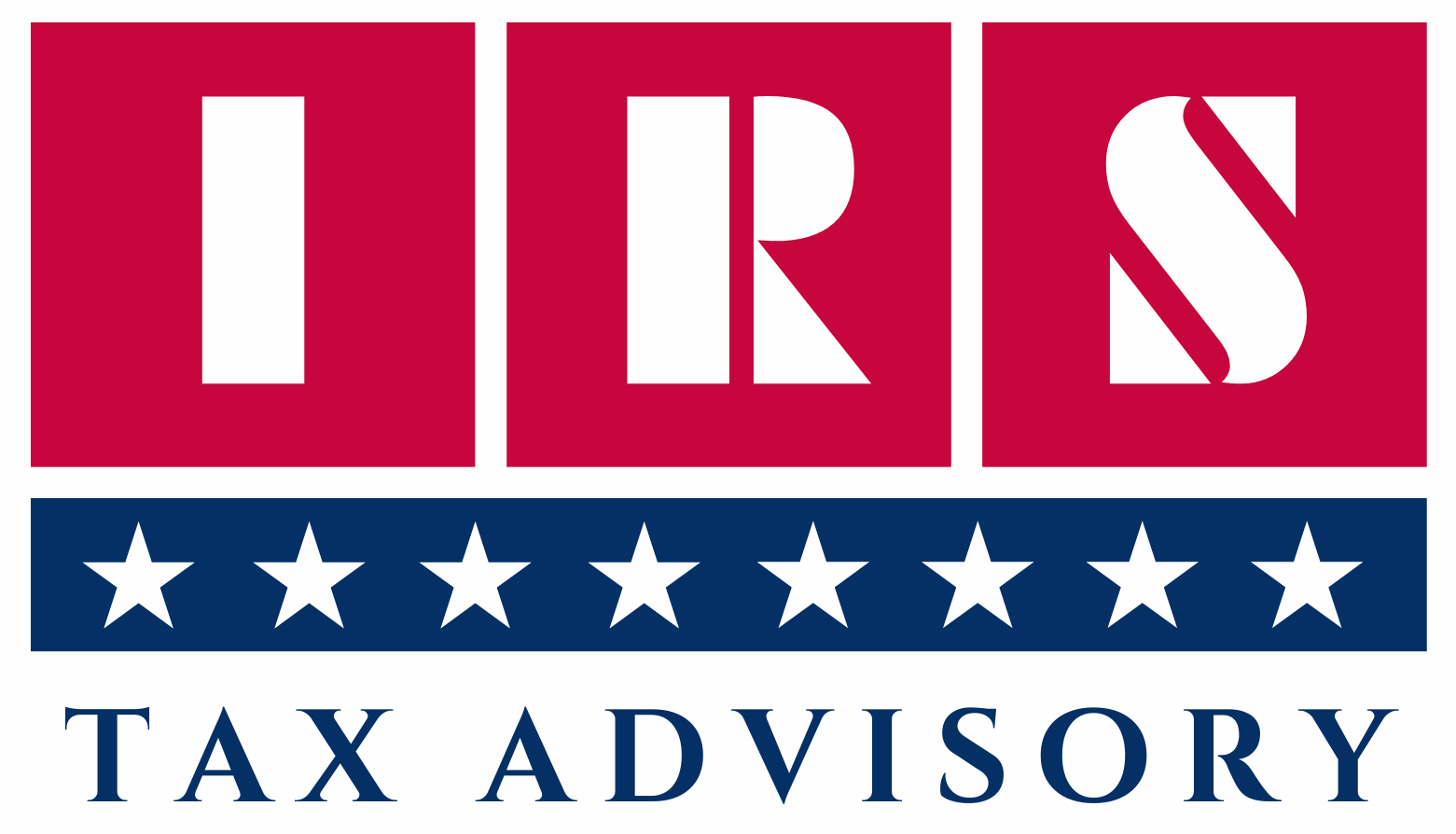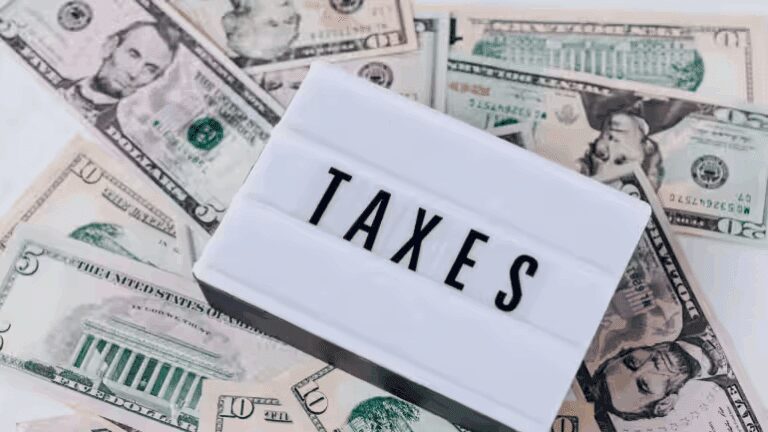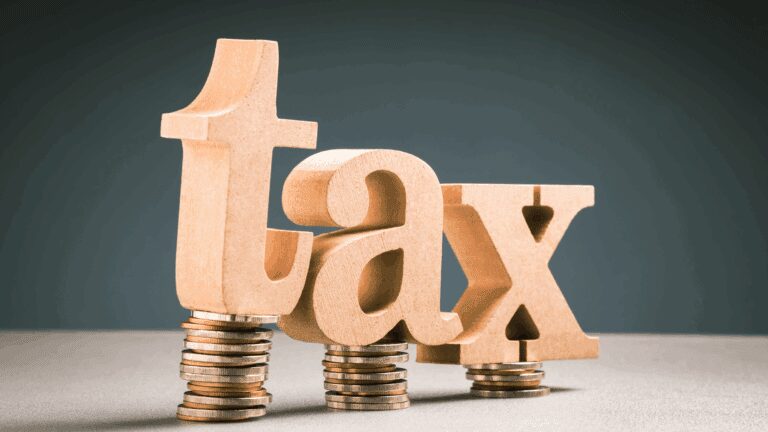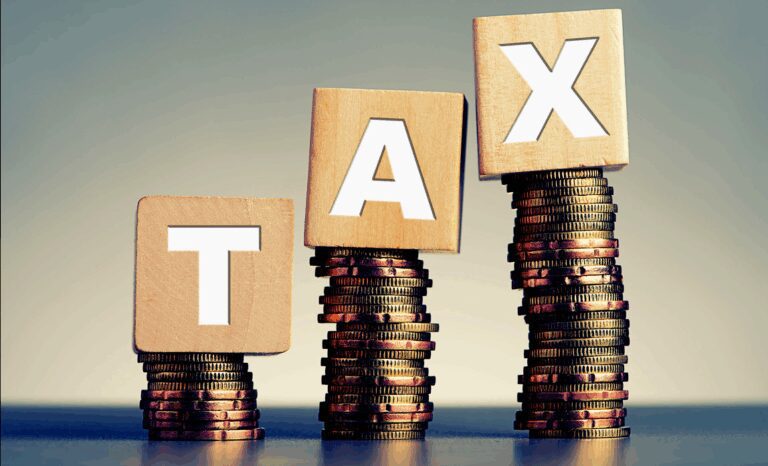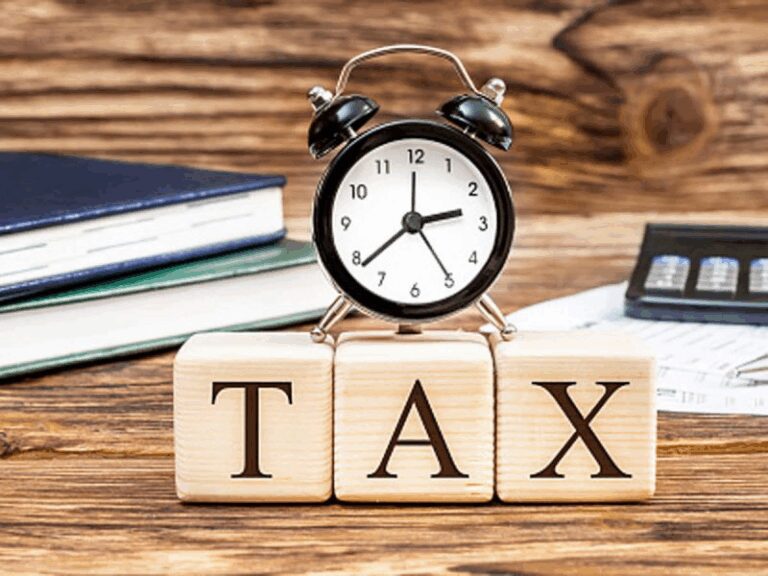New Jersey Property Tax Relief Application-Simplified In 2025
Table of Contents
Comprehensive Guide On New Jersey Property Tax Relief Application

Property taxes in New Jersey are among the highest in the United States, often placing a significant financial burden on homeowners, especially seniors, disabled residents, veterans, and low- to moderate-income families. To help ease this burden, New Jersey offers several targeted property tax relief programs. These programs provide financial assistance in the form of rebates, credits, deductions, and reimbursements to qualified property owners.
This guide covers everything you need to know about New Jersey Property Tax Relief Application, including detailed program descriptions, eligibility criteria, documentation requirements, and the step-by-step application process.
What is Property Tax Relief in New Jersey?
Property tax relief in New Jersey is a collective term for government programs designed to reduce the amount of property tax homeowners owe. Relief is often provided through:
- Reimbursements (refunds for property tax increases, like the Senior Freeze Program)
- Deductions (amounts subtracted from the taxable value or income tax)
- Credits (direct reduction of tax owed)
- Homestead Benefits (rebates based on property taxes paid)
These programs aim to protect vulnerable groups and encourage homeownership while helping residents remain in their homes despite rising property taxes.
Major New Jersey Property Tax Relief Programs
1. Senior Freeze Program (Property Tax Reimbursement)
- Purpose: To reimburse eligible senior citizens and disabled residents for property tax increases on their principal residence compared to a base year.
- Who is eligible? Homeowners or tenants who:
- Are 65 years or older, or disabled (receiving Social Security Disability Insurance)
- Have owned and lived in their New Jersey principal residence for at least 10 consecutive years
- Meet the income limits (combined annual income not exceeding ~$92,000 as of the latest guidelines)
- How it works: The program reimburses the difference between property taxes paid in the base year and the current year.
- Application: Annual application using Form PTR-1 is required. Income documentation (tax returns, Social Security benefits statements) must accompany the form.
- Important: Applications must be filed by November 30 following the tax year for which reimbursement is requested.
2. Property Tax Deduction/Credit for Seniors and Disabled Persons
- Purpose: Offers a deduction or credit against property taxes for seniors and disabled persons to lower their overall tax liability.
- Who qualifies? Seniors 65 or older, or disabled individuals who meet income requirements (income thresholds vary; typically below $10,000 for deduction, higher for credit).
- Deduction Amount: Up to $250 per year deducted from property taxes.
- Credit Amount: For those with higher income but still qualifying, the program provides a credit of up to $500 on state income tax returns.
- Application: Eligible homeowners must file Schedule A or A-1 with their New Jersey state income tax return (Form NJ-1040).
3. Homestead Benefit Program
- Purpose: Provides a credit or rebate to eligible homeowners based on their property taxes or rent paid.
- Who is eligible? Homeowners and renters with income limits generally under $150,000.
- Benefit Amount: Varies based on income, property taxes paid, and county. It can be a direct rebate or a credit applied to your property tax bill.
- Application: Apply annually, usually in conjunction with filing a state income tax return or separately online through the NJ Division of Taxation portal.
4. Veterans Property Tax Deduction
- Purpose: Offers a $250 property tax deduction to qualified veterans.
- Who qualifies? Veterans who served during specific wartime periods or have a 100% service-connected disability, and surviving spouses.
- Application: Must submit proof of service and honourable discharge (e.g., DD-214 form) to the local municipal tax assessor’s office.
- Benefit: Deduction is applied directly to your property tax bill.
Eligibility Criteria: Key Factors for New Jersey Property Tax Relief Programs
1. Residency and Ownership
- Primary Residence Requirement:
To qualify for most New Jersey property tax relief programs, the property must be your principal residence — the home where you live most of the year. Investment properties, vacation homes, or rental properties generally do not qualify. - Property Ownership:
You must own the property either solely or jointly. Some programs, like the Senior Freeze, also cover renters by reimbursing a portion of their rent as property tax. - Minimum Ownership Duration:
Certain programs require you to have owned and lived in your home for a minimum number of years. For example, the Senior Freeze Program requires at least 10 consecutive years of ownership and residency in New Jersey.
2. Age Requirements
- Senior Citizens:
Many relief programs target seniors aged 65 or older. For example, the Senior Freeze and Property Tax Deduction/Credit programs are designed primarily for senior homeowners or renters. - Younger Disabled Persons:
Individuals under 65 with a qualifying disability may also be eligible for these programs if they receive Social Security Disability Insurance (SSDI) or meet other disability criteria.
3. Income Limits
- Income Thresholds:
Most property tax relief programs impose income limits to ensure the benefits assist those who need them most. - Combined Annual Income:
Income limits typically include all sources of household income, such as wages, Social Security benefits, pensions, interest, dividends, and other taxable and nontaxable income. - Examples:
- Senior Freeze Program has an income limit usually around $92,000 (adjusted annually).
- Property Tax Deduction may have much lower income limits, around $10,000 or less for full benefits.
- Homestead Benefit Program income limits vary but generally include households earning up to $150,000.
- Income Verification:
Applicants must provide proof of income through tax returns, Social Security statements, or other official documentation.
4. Disability Status
- Qualified Disabilities:
Disabled individuals who receive Social Security Disability benefits or have a disability certified by a licensed physician can qualify under certain programs, often with the same criteria as seniors. - Proof Required:
Disability documentation, such as Social Security award letters or medical certification, must be submitted with the application.
5. Veteran Status
- Military Service Requirements:
Veterans who served honorably during specific wartime periods or have a service-connected disability may qualify for property tax deductions. - Surviving Spouses:
Some programs extend benefits to surviving spouses of veterans. - Documentation:
Veterans must provide discharge papers (e.g., DD-214) and, if applicable, proof of disability rating to their local tax assessor.
6. Filing Status
- New Jersey Residency:
Applicants must be legal residents of New Jersey and file taxes as residents. - Tax Filing Requirements:
Some relief programs require applicants to file New Jersey state income tax returns, even if they don’t owe taxes.
Summary Table of Key Eligibility Factors
| Factor | Requirement | Notes |
| Residency | Must be NJ resident & principal home | Applies to homeowners & renters |
| Ownership Duration | Usually minimum 10 years for some programs | Senior Freeze requires this |
| Age | 65+ for seniors, or disabled | Disability documentation required |
| Income | Limits vary by program (e.g., <$92K for Senior Freeze) | Combined household income counted |
| Disability | SSDI recipients or physician-certified | Needed for disabled relief |
| Veteran Status | Honorable discharge during qualifying period | DD-214 and proof needed |
Documents Needed to Apply for New Jersey Property Tax Relief
When applying for property tax relief in New Jersey, submitting the right documents along with your application is crucial to prove eligibility and speed up processing. Depending on the program you apply for, the exact documents may vary, but here’s a comprehensive checklist of the typical paperwork required:
1. Proof of Age
- Purpose: Verify that you meet the age requirement (usually 65 or older).
- Acceptable Documents:
- State-issued driver’s license or ID card
- Birth certificate
- Passport
- Any official government-issued document showing date of birth
2. Proof of Residency
- Purpose: Confirm that you live in New Jersey and that the property is your primary residence.
- Acceptable Documents:
- Recent utility bills (electric, water, gas) with your name and address
- Voter registration card
- Property deed or mortgage statement
- Current property tax bill or statement
- Lease agreement (for renters applying for Homestead Benefit)
- New Jersey driver’s license or state ID
3. Proof of Property Ownership
- Purpose: Confirm you legally own the property for which you are applying.
- Acceptable Documents:
- Property deed/title
- Mortgage statement
- Property tax bill in your name
- Closing statement from property purchase
4. Income Verification Documents
- Purpose: Verify that your income falls within the program’s eligibility limits.
- Acceptable Documents:
- Federal and New Jersey state income tax returns (Form 1040 and NJ-1040) for the most recent tax year
- Social Security benefit statement (SSA-1099)
- Pension or retirement income statements
- Statements of interest, dividends, or other income sources
- Proof of unemployment compensation or disability income (if applicable)
- Any other documentation that verifies household income (W-2 forms, 1099s)
5. Veteran Status Documentation (If Applicable)
- Purpose: Verify military service and discharge status to qualify for veterans’ property tax deductions.
- Acceptable Documents:
- DD-214 (Certificate of Release or Discharge from Active Duty)
- Veterans Affairs disability award letter (if applying for disability benefits)
- Documentation for surviving spouse status, if applicable
6. Disability Documentation (If Applicable)
- Purpose: Prove qualifying disability status.
- Acceptable Documents:
- Social Security Disability Insurance (SSDI) award letter
- Physician’s certification of disability
- Any official documentation showing disability status recognized by Social Security or Veterans Affairs
7. Completed Application Form(s)
- Fully filled out application forms specific to the program (e.g., Form PTR-1 for Senior Freeze, Schedule A for property tax deductions).
- Signed and dated by the applicant.
8. Additional Supporting Documents
- For Renters Applying for Homestead Benefit:
- Rent receipts or lease agreements indicating rent paid during the tax year
- Landlord’s name and contact information
- For Joint Ownership:
- Documentation showing co-ownership (joint deed or tax bill)
- Proof of Social Security Number (SSN):
- Social Security card or tax documents showing your SSN
- Required for identity verification and tax record matching
Tips for Organizing Your Documents
- Keep originals safe and submit copies unless originals are specifically requested.
- Organize documents clearly, matching each document to the section of the application it supports.
- Label or tab documents to make review easier for officials.
- Provide translations if any documents are in a language other than English (check if certified translations are needed).
How to Apply for New Jersey Property Tax Relief: Step-by-Step
Step 1: Determine Which Property Tax Relief Program(s) You Qualify For
- Review the eligibility criteria for the main programs:
- Senior Freeze (Property Tax Reimbursement Program)
- Property Tax Deduction or Credit for Seniors and Disabled Persons
- Homestead Benefit Program
- Veterans Property Tax Deduction
- Consider your age, income, residency, veteran or disability status, and property ownership to identify the best fit.
- Many homeowners qualify for multiple programs, so you can apply for all that apply to you.
Step 2: Gather Required Documents
- Collect all necessary paperwork, such as:
- Proof of age and residency
- Income tax returns and income statements
- Property tax bills or rent receipts
- Veteran discharge papers or disability certifications (if applicable)
- Having all documentation ready prevents delays and incomplete applications.
Step 3: Obtain the Correct Application Forms
- Visit the New Jersey Division of Taxation website at https://www.state.nj.us/treasury/taxation/ to download forms such as:
- Form PTR-1 (Senior Freeze)
- Schedule A or A-1 (Property Tax Deduction/Credit)
- Homestead Benefit Application
- Veterans Deduction forms (usually through local tax assessor)
- You can also get paper forms from your local municipal tax office, senior centers, or veterans’ organizations.
Step 4: Complete the Application Forms Carefully
- Fill out each application form legibly and accurately.
- Double-check all personal details such as:
- Name and Social Security number
- Property address and tax information
- Income amounts
- Attach all required supporting documents as indicated.
- If applying for more than one program, complete all forms separately.
Step 5: Submit Your Application
- For Senior Freeze and Homestead Benefit:
- Mail your completed forms and supporting documents to the NJ Division of Taxation at the address provided on the form.
- Or file online via the NJ Division of Taxation portal if available.
- For Property Tax Deduction or Credit:
- Attach Schedule A or A-1 to your New Jersey income tax return (Form NJ-1040) when you file it.
- For Veterans Property Tax Deduction:
- Submit your application and proof of eligibility to your local municipal tax assessor’s office.
- Confirm receipt if mailing by certified mail or keep proof of online submission.
Step 6: Meet Application Deadlines
- Senior Freeze (PTR-1): November 30 deadline for the prior year’s property tax reimbursement.
- Homestead Benefit: Usually filed by April 15 with NJ income tax returns, or separately by the deadline specified.
- Property Tax Deduction/Credit: File with your NJ income tax return by the annual tax filing deadline (April 15).
- Veterans Deduction: Apply anytime before the finalization of the property tax bill for the year.
Step 7: Track Your Application Status
- Processing times vary; expect several weeks before receiving confirmation or reimbursement.
- For questions or status updates, contact:
- New Jersey Division of Taxation customer service
- Your local municipal tax office (for veterans deduction)
Step 8: Receive Your Benefit
- If approved, the benefit may come as:
- A rebate check (Senior Freeze, Homestead Benefit)
- A deduction or credit on your state income tax return (Property Tax Deduction/Credit)
- A reduction in your property tax bill (Veterans Deduction)
Step 9: Reapply Annually (if applicable)
- Most programs require yearly applications to continue receiving benefits.
- Keep track of deadlines and changes in eligibility or income.
Deadlines to Remember for New Jersey Property Tax Relief Programs
1. Senior Freeze Program (Property Tax Reimbursement) — Form PTR-1
- Annual Application Deadline:
November 30 of each year, for the previous calendar year’s property taxes. - Important Details:
- The application must be postmarked or received by November 30 to qualify for reimbursement.
- Missing this deadline means you forfeit the chance to get the rebate for that tax year.
2. Homestead Benefit Program
- Typical Application Deadline:
April 15 of each year, coinciding with the New Jersey income tax filing deadline. - Important Details:
- If you file a New Jersey income tax return, you usually apply for the Homestead Benefit by attaching the form to your return.
- If you do not file a tax return, you must apply separately by the deadline online or by mail.
3. Property Tax Deduction or Credit for Seniors and Disabled Persons
- Filing Deadline:
File with your New Jersey state income tax return (Form NJ-1040) by April 15 each year. - Important Details:
- Attach Schedule A or Schedule A-1 to claim your deduction or credit.
- Late filing may result in denial of the deduction or credit for that tax year.
4. Veterans Property Tax Deduction
- Application Deadline:
There is no strict statewide deadline, but applications should be submitted before the finalization of your property tax bill for the year. - Important Details:
- Check with your local municipal tax assessor’s office for any local deadlines.
- Applying early ensures your deduction is applied for the current tax year.
Additional Tips on Deadlines
- Early Submission: Submit applications well before deadlines to avoid delays or postal issues.
- Annual Reapplication: Most programs require yearly applications or filings to maintain benefits.
- Keep Copies: Always retain copies of your completed applications and supporting documents with proof of submission.
- Check for Updates: Deadlines and income limits can change annually, so review official New Jersey Division of Taxation notices each year.
FAQs – New Jersey Property Tax Relief Application
1. Who qualifies for New Jersey property tax relief programs?
Most programs are designed for:
- Senior citizens (65 or older)
- Permanently disabled individuals
- Veterans
- Low- to moderate-income homeowners
- New Jersey residents who own and occupy their primary home
Each program has its own specific eligibility rules based on income, residency duration, and property ownership.
2. What types of property tax relief are available in New Jersey?
The main property tax relief programs include:
- Senior Freeze (PTR Program): Reimburses property tax increases for eligible seniors and disabled persons.
- Homestead Benefit: Provides credits on property tax bills for eligible homeowners.
- Property Tax Deduction/Credit: Up to $50 deduction or refundable credit for qualified residents.
- Veterans Deduction: $250 annual deduction for eligible veterans or surviving spouses.
3. What are the deadlines for applying?
- Senior Freeze (PTR): November 30
- Homestead Benefit: Around April 15, same as NJ income tax deadline
- Property Tax Credit/Deduction: Filed with Form NJ-1040 by April 15
- Veterans Deduction: Varies by local tax office; apply before tax bill finalization
4. How do I apply for property tax relief programs?
- Online: Certain applications (e.g., Homestead Benefit) can be submitted via NJ Division of Taxation website
- By Mail: Forms like PTR-1 (Senior Freeze) must be mailed with documentation.
- In Person: Veterans Deduction applications are submitted to your municipal tax assessor’s office.
5. Do I need to apply every year?
Yes. Most programs (especially the Senior Freeze and Homestead Benefit) require you to reapply annually to confirm continued eligibility.
6. Will I get a rebate check or a tax deduction?
- Senior Freeze: Rebate check mailed to you
- Homestead Benefit: Credit applied directly to your property tax bill
- Property Tax Deduction/Credit: Deduction from your income tax or refundable credit
- Veterans Deduction: Reduction in property tax bill amount
7. What documents do I need to apply?
- Proof of age or disability
- Property ownership and residency documents
- Income documentation (tax returns, SSA-1099, pension statements)
- Completed application form
- Veterans: DD-214 and proof of honourable discharge
8. What if I don’t meet the income limits this year?
If your income exceeds the limit for a program:
- You won’t qualify for that year’s relief
- You may qualify again the following year if income falls within the limit
- Always check annually as limits change
9. Can renters apply for property tax relief?
Yes. Renters may qualify for property tax credit if:
- Rent paid was for your principal residence
- A portion of rent is considered property tax (estimated at 18%)
- You meet income and residency criteria
10. What happens if I miss the deadline?
- You will forfeit that year’s benefit
- You must wait until the next application cycle
- No retroactive benefits are typically granted, so apply early
